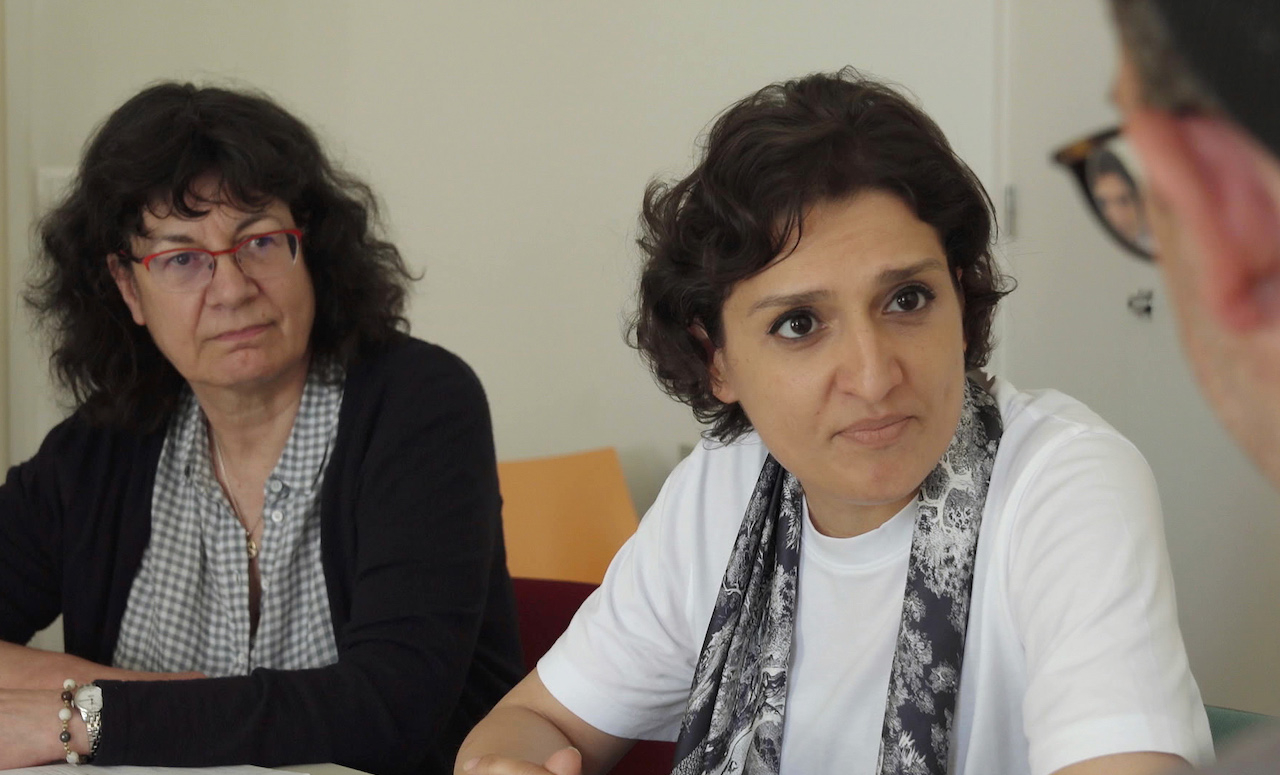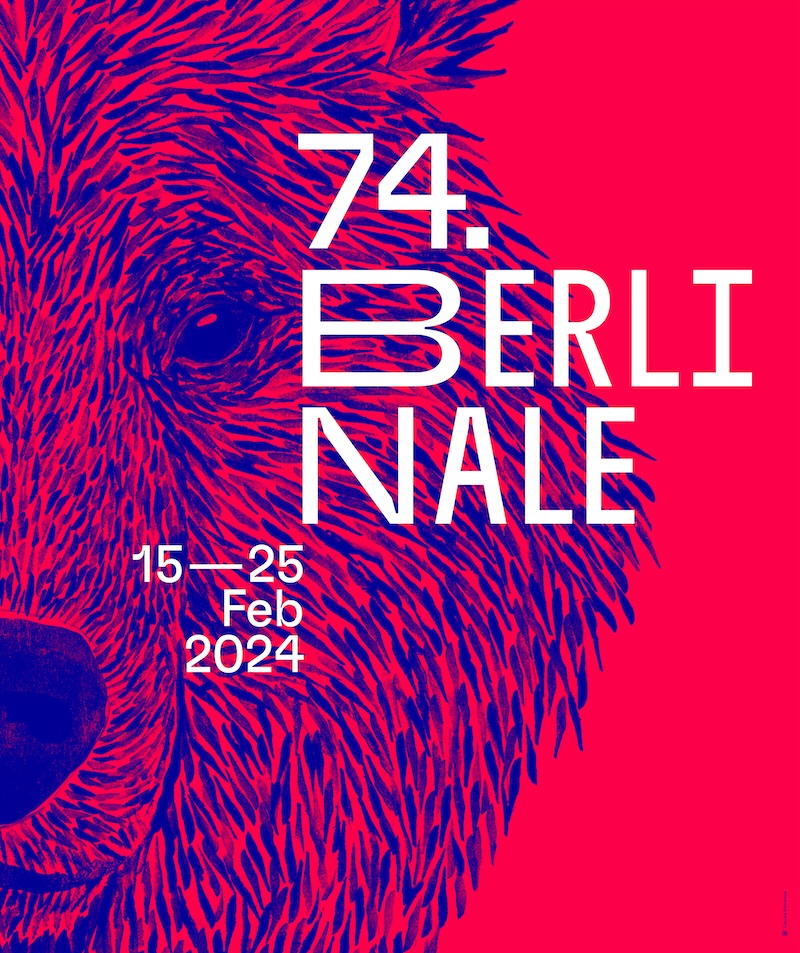“Human psychiatry is really, really endangered”: Nicolas Philibert on Averroès & Rosa Parks at Berlinale 2024

The security staff at this year’s Berlinale are certainly earning their keep. French documentarian Nicolas Philibert forgot his festival ID badge, and so was briefly denied entry to the theatre where he was to chat with The Upcoming about his new film Averroès & Rosa Parks. Eventually, the fact that he won the festival’s top prize just last year (for his film Sur l’Adamant) was enough to convince staff to let him inside. Averroès & Rosa Parks continues the themes established in Sur l’Adamant – honest and unvarnished conversations between adults with mental health concerns, and the professionals who care for them. It’s a touching film, with a compassion and emotional depth that contradicts its simple-sounding premise. Although as the director is keen to point out: this isn’t necessarily a film about psychiatric care or mental illness.
With Sur l’Adamant and now Averroès & Rosa Parks, you’ve committed a lot of time and effort to exploring the world of mental healthcare. Why does this topic interest you so much?
These are films that are not about psychiatric care, but it’s a film with them (in it), so it’s not some kind of discourse about them, but it’s rather kind of a meeting; a meeting with a group of people, meeting in certain places where you find those people.
The reason why I’m so interested in psychiatry is that it works like a magnifying glass for our society, for the human soul, for the world we’re living in, and the state that society is in. And on the other hand, it reflects these things back – because when you meet those people, they’re very, very sensitive, and that touches me. I also discover my own fragility when I meet them. So that’s the reason why there are multiple films around this topic.
And this relates to the impression an audience might get about the patients depicted in the film.
Sometimes people you meet in psychiatry might frighten us, but they certainly might question us – they open our eyes. Very often they’re very intelligent, very sensitive, but in opposition to us – they don’t have a filter. So we might be able to find strategies to protect ourselves from the kind of violence we’re living in, and those people, they don’t have the possibility to protect themselves, so they’re getting the violence of the world we’re actually living in straight in the face.
It’s a film a lot about fears, and we feel that fear too, because the world we’re living in is violent, and it’s difficult to live together with other people. Of course, the people you encounter in the film, they kind of enhance that violence that surrounds us – but the fears they have, and that we have, are quite similar.
The film’s opening sequence shows the hospital from the air, shot with a drone. Was this meant to show how contained the building is, almost like a prison metaphor?
It’s not meant as a metaphor. All I wanted to give was a general overview of the place. I don’t like drone shots too much, because I find that I don’t want to put myself above anything. In this case, I made an exception because you only see it on a tablet (in the finished film), these drone shots, and then you see people commenting on it; the nursing staff, and also the patients – and that was quite amusing.
Patients and staff alike seem very familiar with the camera – in fact, they largely ignore it. Were there any preparations for getting patients and staff used to having a camera observing their conversations?
It was actually spontaneous, the way I filmed. I took patients that I knew a little bit, that I knew we had kind of a good relationship. Then again, the camera is just an object where people react differently. It might frighten you, it might intimidate you, it might excite you, you might show off in front of the camera, then again – all these behaviours are not typical just for psychiatry. You also have it outside the context of psychiatry, and in front of a camera, people will react differently.
You will have noticed that I deliberately chose patients who were aware of what I was doing. I was not going to film patients that were delirious or that didn’t really know what was going on, so that was very important to me – that those patients have a consciousness of what’s going on. I always tell them before we start shooting: if anything we talk about, or anything that happens, we can stop if it becomes too intimate, or if you feel uncomfortable, and we can also just leave the premises. So that’s very important, there’s always that possibility.
How easy was it to get the psychiatrists and other healthcare workers onboard with being filmed?
The public health system for psychiatry is actually abandoned – it’s kind of going downhill. What I wanted to show was some doctors, some nursing staff, who are still trying to do some kind of human psychiatry, where you take time, where you listen, where you try to recreate a link between the patients, and the society and the world they’re living in. But this human psychiatry is really, really endangered, and not just in France, but everywhere, especially public health systems. My ethical standards and rules, they apply to everyone; whether you’re a patient, whether you’re a doctor, anyone else.
Oliver Johnston
Averroès & Rosa Parks does not have a UK release date yet.
Read more reviews from our Berlin Film Festival 2024 coverage here.
For further information about the event visit the Berlin Film Festival website here.
Watch a clip from Averroès & Rosa Parks here:


























Facebook
Twitter
Instagram
YouTube
RSS